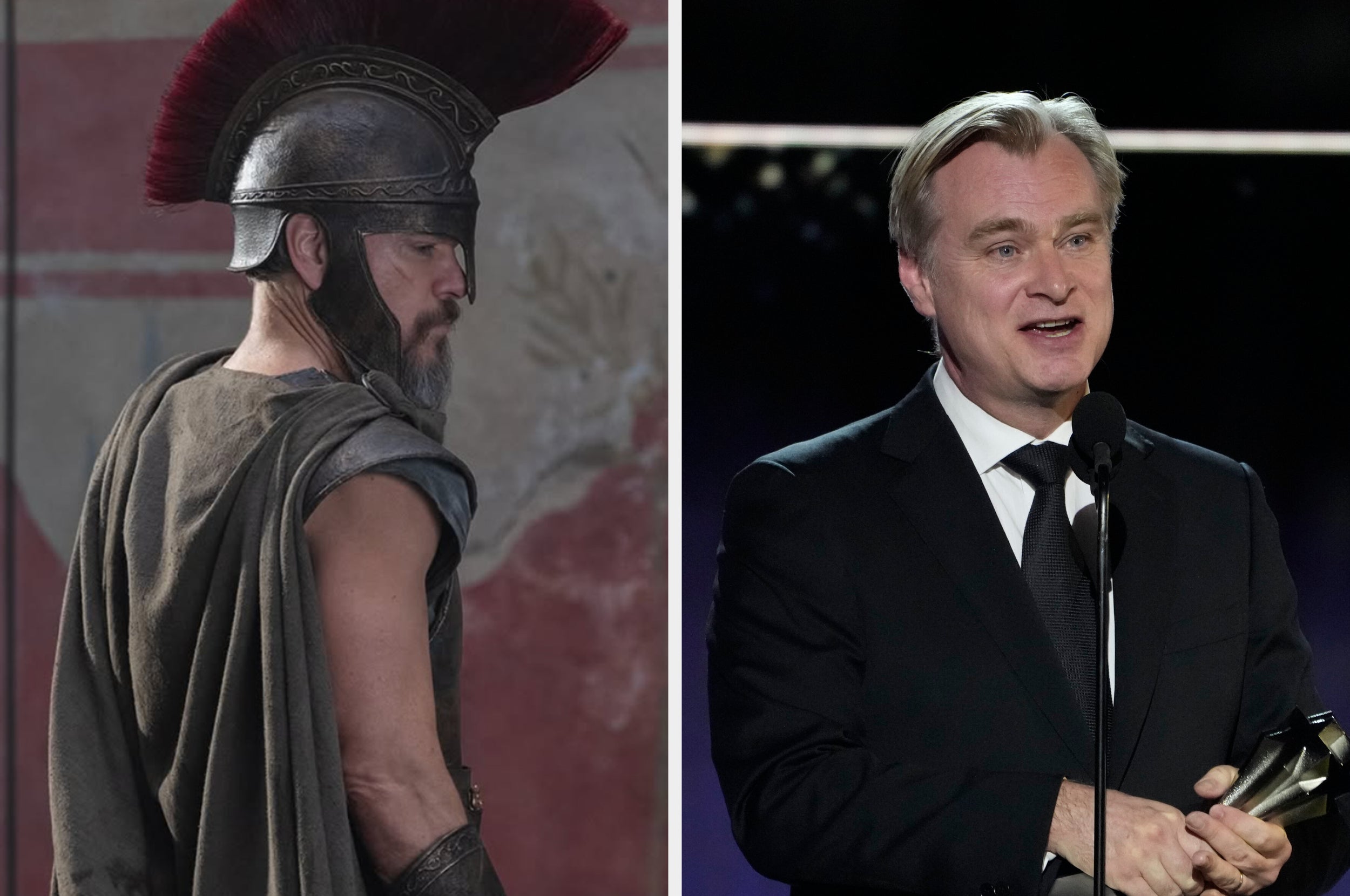
Christopher Nolan’s The Odyssey Sparks Controversy Over Filming Location
Christopher Nolan, known for his cinematic masterpieces like Inception and Interstellar, is set to release another ambitious project in 2026: a large-scale adaptation of The Odyssey. This film has already generated significant buzz due to its star-studded cast, groundbreaking technology, and the rich source material that inspired it. Following the success of Oppenheimer, Nolan is once again pushing the boundaries of blockbuster filmmaking.
However, the film is now at the center of a heated controversy, particularly regarding its choice of filming location. The issue has sparked discussions about the ethical implications of producing a major motion picture in a region with complex political and historical tensions.
The Film’s Plot and Filming Locations
The Odyssey follows the journey of Odysseus, portrayed by Matt Damon, as he navigates his way home after the Trojan War. To bring this ancient tale to life, the production team has traveled across the globe, capturing scenes in various locations such as rural Iceland, the Mediterranean, a Scottish castle, a soundstage in Los Angeles, and even Greece, where the story originates.
Recently, the film was reported to have shot a sequence in Dakhla, a city located in the Western Sahara. This location has become the focal point of the current controversy.
Why Is Western Sahara a Controversial Location?
Western Sahara is a disputed territory, with the United Nations classifying it as “non-self-governing.” Dakhla, considered the capital of the Moroccan-occupied Dakhla-Oued Ed-Dahab region, is at the heart of this debate. The area has been under Moroccan control for over five decades, and the indigenous Sahrawi population continues to face challenges related to their rights and autonomy.
Organizers of the Western Sahara International Film Festival (FiSahara) have been vocal critics of the decision to film in the region. They argue that while Dakhla may offer visually stunning landscapes, it is also an occupied and militarized city. According to them, the local Sahrawi people are subjected to harsh repression by the occupying forces.
María Carrión, executive director of FiSahara, expressed concerns that by filming in the region, Nolan and his team might be inadvertently supporting Morocco's occupation. She emphasized that if the filmmakers had fully understood the implications, they would likely be horrified.
What Has Christopher Nolan Said About the Controversy?
Despite the growing criticism, Christopher Nolan has not publicly addressed the controversy. According to The Guardian, the filming in Dakhla reportedly lasted only four days, and the issue was raised after the shoot had already concluded.
HuffPost UK has reached out to representatives of both Nolan and The Odyssey for further comment. While the production is still ongoing, the film is scheduled to premiere in cinemas in July 2026.
Broader Implications of Filmmaking in Contested Territories
This situation raises important questions about the responsibilities of filmmakers when choosing locations in politically sensitive areas. It also highlights the intersection between art and politics, as creative projects can sometimes unintentionally support or perpetuate controversial situations.
As the film nears its release, the debate over its filming location will likely continue to spark discussion among audiences, critics, and activists alike. Whether The Odyssey will ultimately be remembered for its storytelling or for the controversy surrounding its production remains to be seen.


